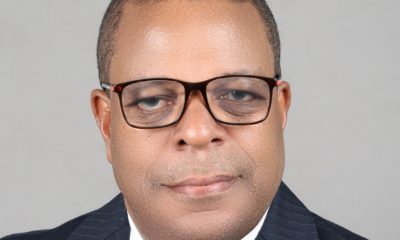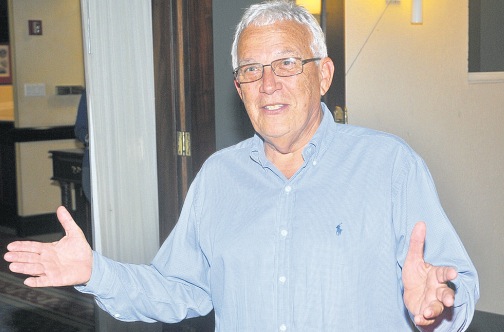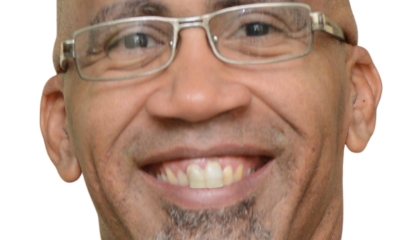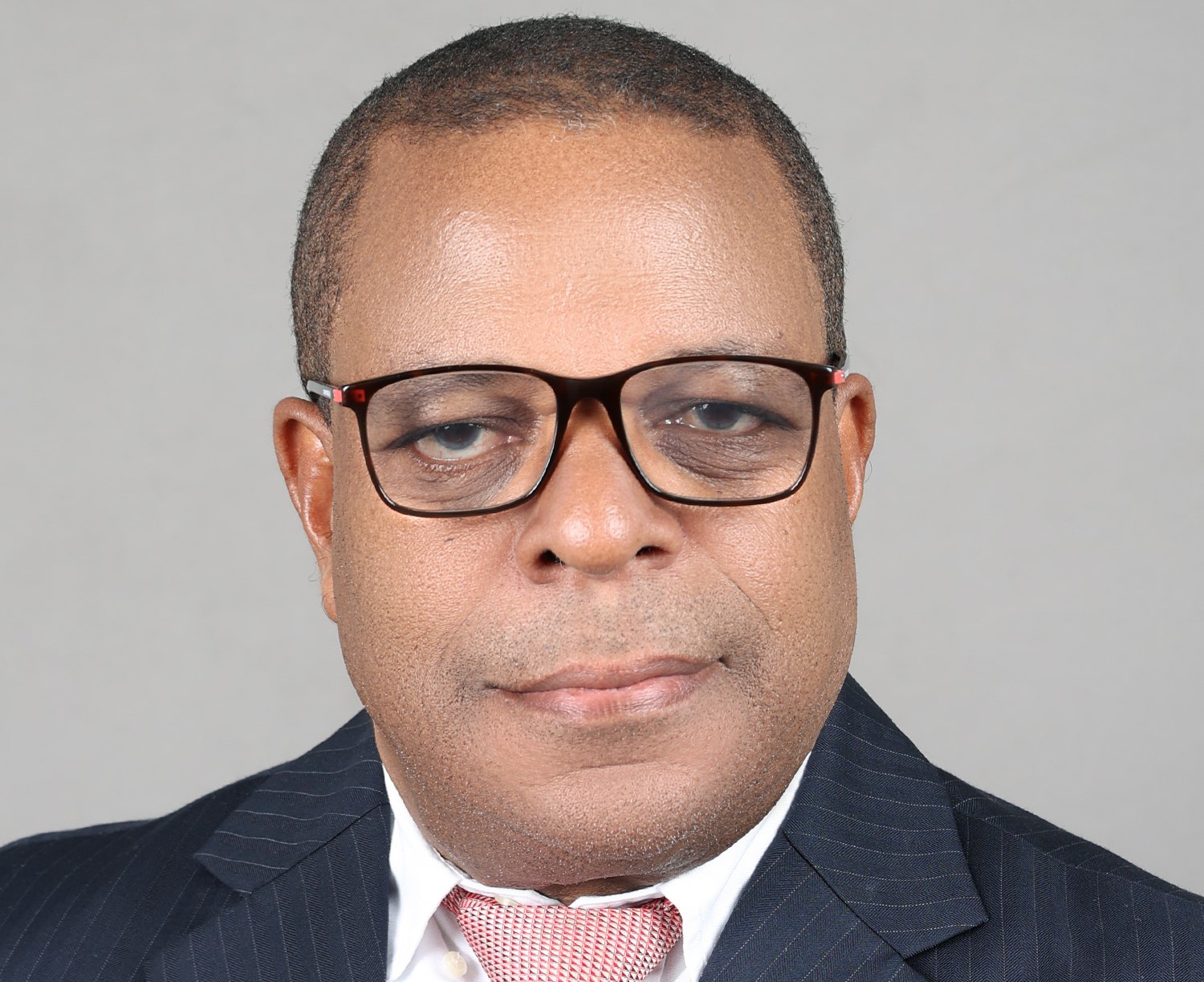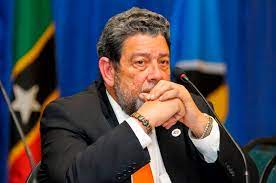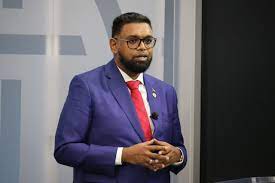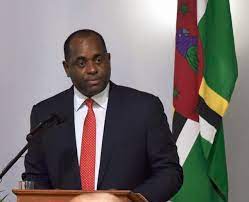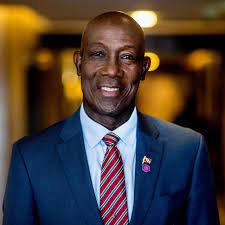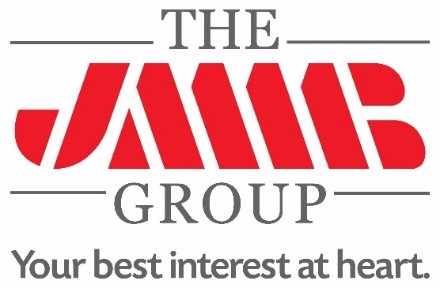The Recent Context: In reflecting on recent industry discussions, particularly in the aftermath of the Jamaica Stock Exchange Regional Conference on Investments and the Capital Markets, a common thread emerged—a resounding call for education, training, and continued professional development. It underscores the dynamic nature of our financial landscape and the pivotal role that collaboration between accountants and regulators plays in ensuring a robust and trustworthy financial ecosystem.
Today I will share my thoughts on the collaboration between accountants and regulators, a crucial alliance that stands as the bedrock of investor confidence and the integrity of our financial markets. My thoughts are by no means new to you but are worthy of repeating. In the intricate dance of numbers and regulations, regulators and accountants must join forces not only to maintain the equilibrium of financial systems but to safeguard the very essence of investors’ trust.
The Unsung Heroes – Accountants and Regulators: Before delving into the heart of my presentation I would also like to take a moment to recognize who I believe are the unsung heroes in our financial narrative—accountants and regulators. Both work diligently, often behind the scenes, to uphold the integrity and transparency of our financial markets. It is this collective effort that enables investors to make informed decisions with confidence or to have a recourse when things go wrong which sometimes it does.
Global Trust in Accountants: Accountants serve as custodians of financial truth. This meticulous work as you know involves not just crunching numbers but ensuring that financial records are accurate, transparent, and adhere to the ever-evolving accounting standards. It is through this dedication that investors can rely on the information presented by companies. As the world at large becomes more and more wary of business operations, it is noteworthy that, global perceptions of chartered accountants have undergone a significant transformation. Recent studies indicate a surge in trust of investors during times of economic turbulence and uncertainty. Chartered accountants have emerged as the most trusted financial professionals, with increased recognition of their role in ensuring transparency and confidence. This is because of standard setting, adherence to standards and regulations and the willingness to be proactive and cooperate and collaborate with stakeholders including other standard setting bodies, government and regulatory bodies.
Similarly, in our local context, the Institute of Chartered Accountants of Jamaica plays a pivotal role in monitoring and upholding the standards of integrity, objectivity, professional competence, and confidentiality. The trust bestowed upon accountants in our jurisdiction mirrors the global trend, reflecting the adherence to these high standards.
In tandem with accountants, regulators act as the vigilant overseers of financial markets. Regulators craft and enforce the rules that govern fair play, market transparency, and investors protection. Regulators are the guardians of market integrity, working tirelessly to detect and prevent fraudulent activities, ensuring a level playing field for all participants. There is therefore cross functional activities between regulators and accountants for the primary purpose of protecting investors.
There must be the Collective Will to act as ‘trustee’ for investors. At the heart of our financial stability lies the collaboration between accountants and regulators. This partnership extends beyond professional duties—it is a shared commitment to act in the public interest, safeguarding the investments and interests of our stakeholders, particularly investors. We saw this played out during the COVID period between ourselves, ICAJ and the FSC where we understood that balance between investors receiving information and the other issues that prevailed. Both Accountants and regulators must work to ensure the strength and proper functioning of our capital markets. This collaboration is indispensable, particularly as investors rely heavily on credible financial information to make sound decisions.
The Role of Accountants: Let’s not underestimate the pivotal role that accountants play in this process. Whether as CFOs, internal auditors, or line and staff accountants, this ability to people in this profession to provide honest and accurate information in a timely manner and in keeping with international best practices, and other legal and regulatory frameworks is the linchpin for attracting capital, maintaining and preserving capital of investors. High-quality and timely information, meticulously provided by accountants, is the lifeblood of our capital markets.
Success Stories: Our markets stand strong due to the active and open dialogue between accountants and regulators. Even at the Exchange, the Regulatory and Market Oversight Division and the ICAJ have active dialogue on market developments, interpretations, and standards that are aimed at ensuring that investors receive the best reports. This collaboration between accountants and regulators has yielded success stories, with oversubscribed offers and successful capital raises, exemplifying the effectiveness of our financial ecosystem. In 2023, we witnessed a commendable mobilization of $18.74 billion in capital through IPOs, APOs, and private offers facilitated by the collaborative efforts of CFOs, accountants, and auditors. The connection here is that without accurate, credible financial information investors would be hard pressed to invest in the capital markets.
Navigating Challenges – A Testimony to Collaboration: The true test of collaboration is evident during challenging times. The recent global pandemic, COVID-19, posed unprecedented challenges, requiring quick and effective responses. The collaboration between regulators and accountants ensured that despite the turmoil, issuers remained compliant, demonstrating the resilience and adaptability of our financial ecosystem.
Adaptability has to be the hallmark of accountants and regulators. Your Agenda seeks to Navigate the Evolving Landscape but even as we delve into the agenda for this workshop, the landscape of the capital markets is evolving rapidly. New products, new services, and even new schemes aimed to mislead crops up daily giving accountants and regulators cause to work to find solutions for disclosures or enhancement of standards to ensure that investors are adequately protected.
Your discussions will undoubtedly cover an array of topics, from reporting methodologies to the introduction of sophisticated products and services in this digital age. The ICAJ and members, by having a robust knowledge of applicable laws and regulations, will play a pivotal role in shaping this landscape.
The Future of Reporting: Looking ahead, our focus must extend to the future of reporting. As we build out new and more sophisticated products and services within this digital age, the ICAJ and its members are at the forefront of ensuring that reporting standards are not just benchmarked but are also easily understood, quantifiable, and measurable. This commitment is essential for investors to appreciate and value their investments.
Crafting Rules and Standards: Collaboration between regulatory bodies and the accounting profession is paramount. Rules and standards must be crafted, enforced, and reported on to remove unnecessary barriers to trade. The information shared and the structures in place will enhance trust in the business climate, aiding investors in making informed decisions about capital allocation.
Preserving the Financial Reporting Supply Chain: In closing, let us acknowledge that the accounting fraternity serves as the vigilant watchguard for the rules and regulations set by regulators. This role becomes even more critical in an age of rapid changes. As we seek to keep pace with global regulatory requirements, active collaboration on matters relating to data protection, new financial instruments valuation, and sustainability reporting is an imperative.
A Call for Collaboration: In essence, our success hinges on preserving what we can aptly call the Financial Reporting Supply Chain. Throughout all stages of this chain, from setting parameters for financial statements to enforcing compliance, the accounting fraternity must ensure that the last link, the investors, is protected.
Closing Thoughts: There has never been any doubt in my mind that the accounting fraternity is integral to these stages, adding trust to the entire process. As we collectively navigate the challenges and opportunities that lie ahead, let us reaffirm our commitment to collaboration, transparency, and the shared goal of benefiting investors. The success of our financial markets is intertwined with the success of this collaboration.
Speech by Dr. Marlene Street Forrest, Managing Director of the Jamaica Stock Exchange given at the Annual International Financial Reporting Standards (IFRS) Virtual Workshop organized by the Institute of Chartered Accountants of Jamaica (ICAJ), February 2-3, 2024.
Source: https://www.jamstockex.com/dr-marlene-street-forrests-speech-at-the-ifrs-virtual-workshop-2024/
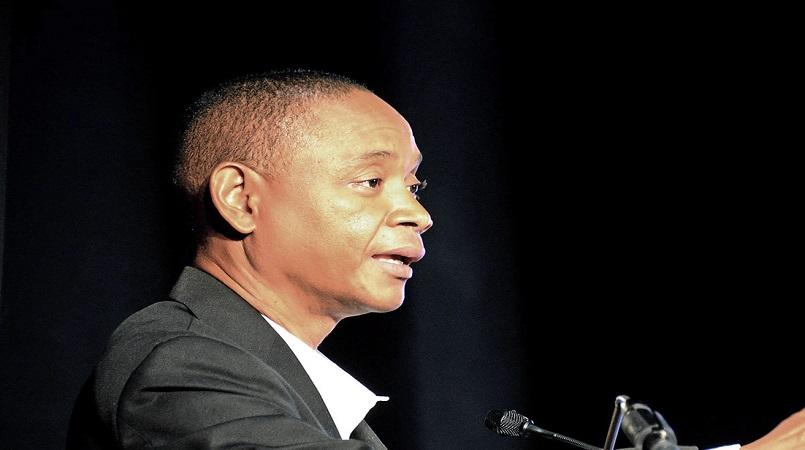

 Businessuite News24 International2 years ago
Businessuite News24 International2 years ago
 Feedback & What You Think2 years ago
Feedback & What You Think2 years ago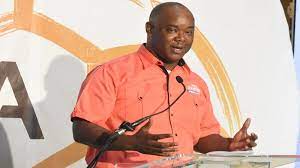
 Marketing & Advertising2 years ago
Marketing & Advertising2 years ago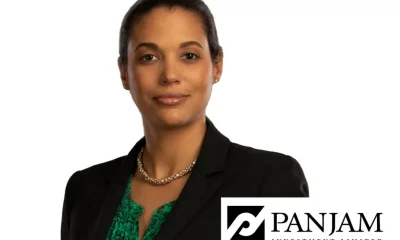
 Businessuite Women1 year ago
Businessuite Women1 year ago
 Businessuite 50 Power and Influence1 year ago
Businessuite 50 Power and Influence1 year ago
 Leadership Conversations1 year ago
Leadership Conversations1 year ago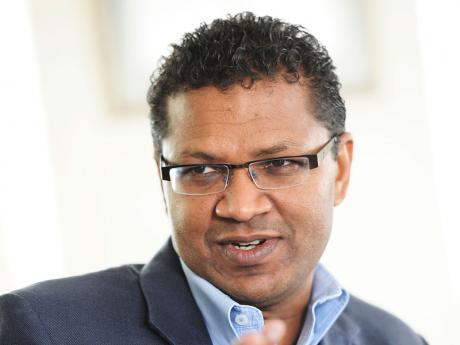
 Businessuite Markets2 years ago
Businessuite Markets2 years ago
 RANKING2 years ago
RANKING2 years ago

